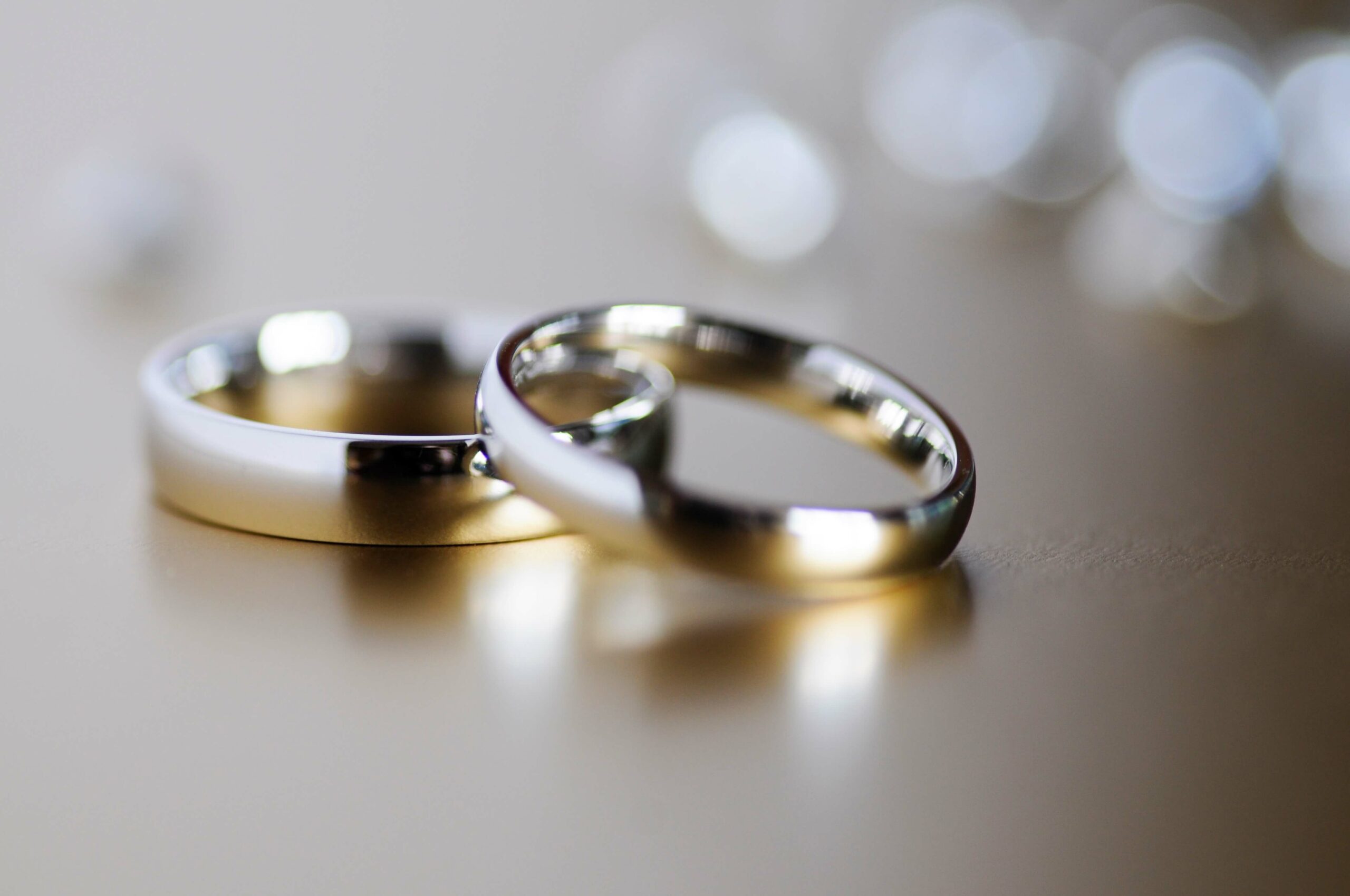HOMENEWS & INSIGHTS
Is your Will still valid after your divorce?
Lots of people make a Will when they get married. What happens to that Will when the relationship breaks down? Divorce is a stressful time and your Will is something that can be overlooked.
Is my Will still valid after I divorce?
The short answer is yes. Unlike when you get married, divorce does not automatically revoke your Will. However, your Will will be read as if your spouse has died before you. This means that they cannot act as your executor or benefit under your Will.
Does this mean I do not need to change my Will after my divorce?
Although your Will remains valid, it is good idea to review your Will and take proper advice on this. Divorce is a big change of circumstance, and this will likely impact on what you want to happen with your estate.
If your spouse was named as an executor, it is important to ensure that you have another executor named who can act. You may have chosen to appoint an executor who is related to your spouse. Now you are divorced, your wishes may have changed.
You also need to check who will now benefit under your Will. Most Wills name the persons who will inherit after their spouse has died. If your Will does not name anybody, your estate will be dealt with under the intestacy laws.
If your Will names beneficiaries from your spouse’s family, you need to consider whether you still wish them to inherit.
Even if you are happy with the named executors and beneficiaries, you may want to make a new Will to tidy things up and remove reference to your spouse.
Can my ex-spouse still benefit under my Will?
If you still want your spouse to benefit under your Will, this will likely need to be redrafted following your divorce. You should get this checked by a legal professional.
Guardians
If you have children, you may like to update the guardianship provisions in your Will.
Your spouse will have parental responsibility for any children that you have together. Ideally, you will agree a guardian to appoint in the event that you have both died before your children are 18. It is possible to have different guardians in your Wills if this is not possible.
If you have children from a previous relationship, you may have appointed your spouse as their guardian. It is therefore important to update this.
Jointly owned property
If you own a property with your spouse, you should check whether you own the title as joint tenants or tenants in common. If you own as joint tenants, when one of you dies, the survivor will automatically inherit the other share of the property, regardless of what it says in your Will. You may therefore wish to change the title so you own as tenants in common.
If you own as tenants in common, your share of the property will pass in accordance with your Will.
Claims against your Estate
Even once you are divorced, your spouse may be able to claim against your estate under the Inheritance (Provision for Family and Dependants) Act 1975. This is on the basis that you made no provision for them in your Will.
Once your matrimonial finances are finalised, a provision should be included to ensure that your spouse no longer has a claim against your Estate.
Lasting Powers of Attorney (LPAs)
Following divorce, your spouse can no longer act as your attorney. Their appointment is revoked. If you have appointed your spouse as your sole attorney and included replacements, your replacements will now act. If your spouse has been appointed jointly and severally with other attorneys, the remaining attorneys will continue to act jointly and severally. It is advisable to ask a legal professional to check through your LPAs and advise who can act.
If you would like more information about Wills or LPAs, please contact one of our Wills, Probate, Trusts and Tax experts for further advice.
Share article
Our offices
Contact Us
5 Poole Road
Bournemouth
Dorset
BH2 5QL
Tel 01202 377800
9 Poole Road
Bournemouth
Dorset
BH2 5QR
01202 377800


